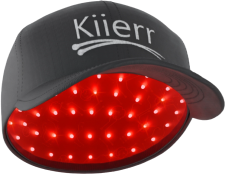Add items to get a Free Gift!
Fun Facts About Hair, Hair Growth Tips
What Is A Trichologist?
Table of Contents
Trichologist… What’s that? Find Out Here!
Trichologist, hair loss specialist, the study of the hair and scalp, hair doctor, hair loss help, hair loss treatment. Who doesn’t love full, thick, and healthy hair? Did you know that hair is one of the first things people tend to notice about you. One way to make an excellent first impression is to wear well-groomed head hair. Your hair has other important factors as well. Including protection for your scalp and skull and regulating your body temperature.
Hair can be challenging at times, especially in today’s stressful and crazy world. From dull-looking hair, slow growth rate, hair breakage, baldness, the list goes on and on. Sometimes, the issues are mild and can reverse on their own with time. Other times, your hair problems may be severe and require special treatment.
To understand the full complexities of your hair problems and identify which category your hair problems fall under, is where a trichologist comes into play. A trichologist is a specialist who focuses on hair and scalp care and the study of diseases or problems related to the hair and scalp, as well as their treatments (1). Continue reading to learn more about a trichologist and the importance they play when it comes to hair care.
What is the Role of a Trichologist?

Trichologist, hair loss specialist, the study of the hair and scalp, hair doctor, hair loss help, hair loss treatment. A trichologist is a specialist in trichology. Trichology is coined from the Greek terms “Trikhos” and “logos.” Trikhos means hair, while logos is Greek for study. It’s a branch of science that studies hair and scalp diseases and their treatments. While they’re not considered doctors, they’re qualified professionals for hair-related problems.
Typically, anyone who wants to become a trichologist would train for about six months to one year and become certified after a series of academic coursework, training, and exams. The chemistry and physiology of the hair and scalp are examined and studied in great detail. This study begins with the skin, its structures and functions, and extends outward to the hair, which is an appendage of the skin.
After examining the hair and skin, the study then proceeds into the area of other vital support systems such as glands, circulation and nerves. The processes of keratinisation and pigmentation are taught (2). After all of this, trichologists are inducted into professional titles like the International Association of trichologists and can start their practice.
A Trichologist does the following:
-
Examines hair and scalp
When you see a trichologist for any hair concerns you may have, they’d first examine your hair and scalp. Then ask you questions about your nutrition, hair care routine, lifestyle, etc., and your answers will help serve as indicators of the hair challenges you’re facing. Examinations can range from mere physical analysis to the use of a trichoscope and blood tests.
-
Diagnoses hair and scalp disorders
After examining your hair, the trichologist will identify the nature of your scalp/hair illnesses, if any. Diagnosis helps you to be sure of the problem you’re facing. It also helps you to find the perfect treatment for your hair/scalp conditions.
-
Offers Consultation Services
Since trichologists are hair and scalp specialists, they know what’s best for your hair. As a result, you can consult with them for expert advice on how to care for your hair. They can help advise you on proper hair maintenance tips and healthy hair products. They should also be able to answer any questions and concerns you may have in that aspect.
-
Suggest Treatments for Hair and Scalp
After a diagnosis, trichologists will proffer solutions to your hair challenges. Most of the time, they’ll recommend hair regrowth treatments, hair supplements, and hair growth products to help you grow your hair and keep your hair healthy. They may also introduce you to new hair technology like laser caps for hair loss that help stimulate hair follicles and induce hair growth. For more severe conditions, they may refer you to the appropriate specialists for treatment.
What’s the Difference Between a Dermatologist and Trichologist?

Trichologist, hair loss specialist, the study of the hair and scalp, hair doctor, hair loss help, hair loss treatment. Many people confuse trichologist’s for dermatologists. They even use them interchangeably. While this is understandable, dermatologists are very different from trichologists in many ways.
First of all, a dermatologist is considered a doctor, while a trichologist is not. Dermatologists first need to become a medical doctor and then specialize in dermatology. A trichologist is just an expert in human hair and doesn’t need to study medicine as a discipline.
Dermatologists specialize mainly in matters dealing with the skin. They don’t have as much experience as trichologists when diagnosing and treating hair diseases. Trichologists spend more time with their patients than dermatologists and better understand the hair and scalp than skin doctors.
When Should I See A Trichologist?

Trichologist, hair loss specialist, the study of the hair and scalp, hair doctor, hair loss help, hair loss treatment. You should see your trichologist as soon as you notice anything unusual about your hair or scalp. Don’t disregard even the smallest signs of scalp discomfort like incessant itching or sudden hair loss.
If you’d like some advice on the best-personalized products for your hair type and challenges, go see a trichologist. They’re also the go-to for hair/scalp problems and all kinds of alopecia and excessive hair growth in both men and women.
Trichologist: Conclusion

Trichologist, hair loss specialist, the study of the hair and scalp, hair doctor, hair loss help, hair loss treatment. Are you having trouble with your hair or scalp? If you answered yes, you should see a trichologist right away. A trichologist can help you solve your hair challenges and questions, they will examine your hair and scalp, and get you on the right regimen and treatment for a healthy head of hair and scalp.
Typically, a trichologist will recommend FDA-cleared hair growth products such as a laser cap, DHT blocking hair products, and hair growth supplements. They are convenient for use and are very affordable.
Resources:
- https://www.webmd.com/a-to-z-guides/what-is-a-trichologist
- https://www.iattrichology.com/trichology-certificate-course

 LASER CAPS
LASER CAPS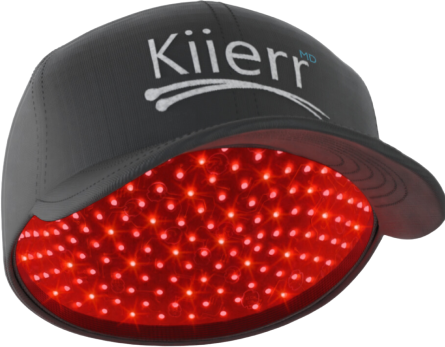



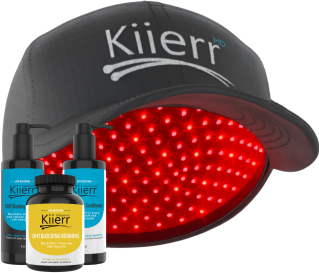
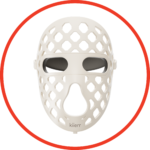 Beauty Products
Beauty Products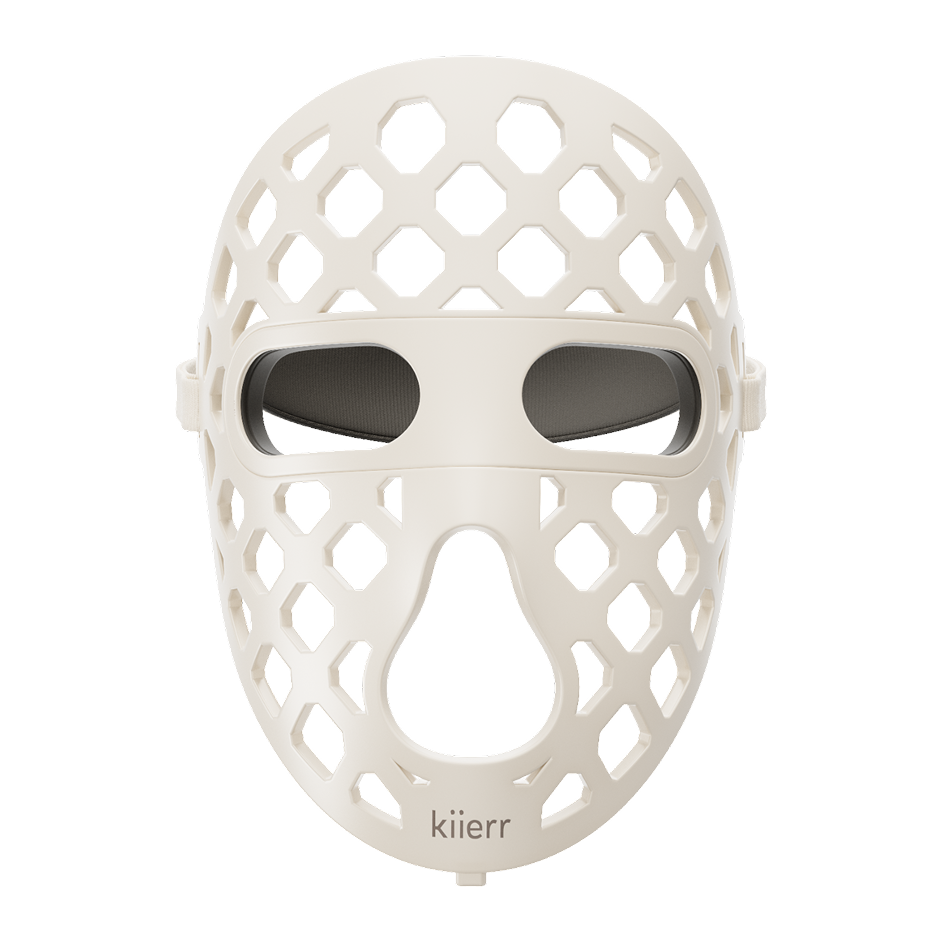





 Daily Deals
Daily Deals RESULTS
RESULTS


